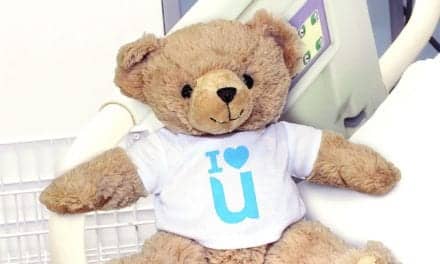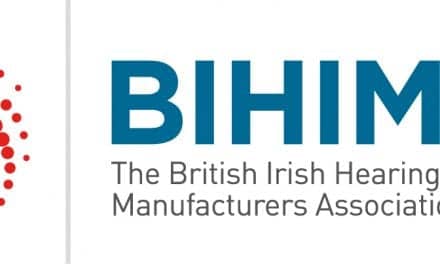 |
|
Rep Pete Olson (R-Tex) with some of the event organizers and speakers (from left) speakers Donnie Atwell and David Amezcua; organizer Teri Wathen; Andy Bopp, HIA; organizer Lois Johnson; Rep Olson; and event host Ray Wathen.  |
Rep Pete Olson (R-Tex) urged a capacity crowd of 120 Texas Hearing Aid Tax Credit supporters to help him work for passage of the bill (HR 1646) in the final months of this Congressional session or in the new Congress that will convene in January.
The August 20 dinner event was hosted in Sugar Land, Tex, by the state chapters of the Alexander Graham Bell Association for the Deaf and Hard of Hearing (AG Bell) and the Hearing Loss Association of America (HLAA) with sponsorship from the Hearing Industries Association (HIA), Washington.
Olson thanked the audience for all of their hard work in support of HR 1646, and noted how important it is to have attracted 125 House cosponsors. He added that enacting legislation is “a very laborious process,” but that the bill’s wide bipartisan support makes it easier to attract the attention of House leadership when major tax legislation is considered.
As part of the program, several local residents from the Sugar Land area described the effectiveness of their hearing aids and emphasized the difficulties related to the lack of financial assistance when hearing aids are needed. They identified passage of the Hearing Aid Tax Credit as critical to their ability to access the hearing assistance technology they rely on in their daily lives. Local children also led the group in the Pledge of Allegiance to start the program.
 |
|
Rep Pete Olson greets children who opened the event by leading the group in the Pledge of Allegiance. |
Speaking during the event, local resident Chanda Allen described how hearing aids had enabled her son, who was diagnosed with hearing loss at birth, to “develop speech and language abilities that are as good as a child born with normal hearing.” She also emphasized how important it is to fit children with hearing aids as early as possible after hearing loss is identified, and added that the tax credit would be a big help, especially since hearing aids are likely to be a recurring expense for her son.
Porter, Tex, resident Donny Atwell described how he developed a hearing loss in his 40s having worked near loud machinery for most of his life. He reported that “without my hearing aids, I would not be able to participate with my family and friends at all,” and that he would really appreciate the tax relief that HR 1646 would provide.
The event was the tenth in a series of grassroots initiatives in support of the Hearing Aid Tax Credit sponsored by HIA in partnership with HLAA, AG Bell, IHS, and supported by the American Spee-Language-Hearing Association, the American Academy of Audiology, and the Academy of Doctors of Audiology.
Other successful events have been held in California, Michigan, Maryland, Nevada, Pennsylvania and Wisconsin.
The Hearing Aid Tax Credit currently has 125 cosponsors in the Senate.
[Source: HIA]




